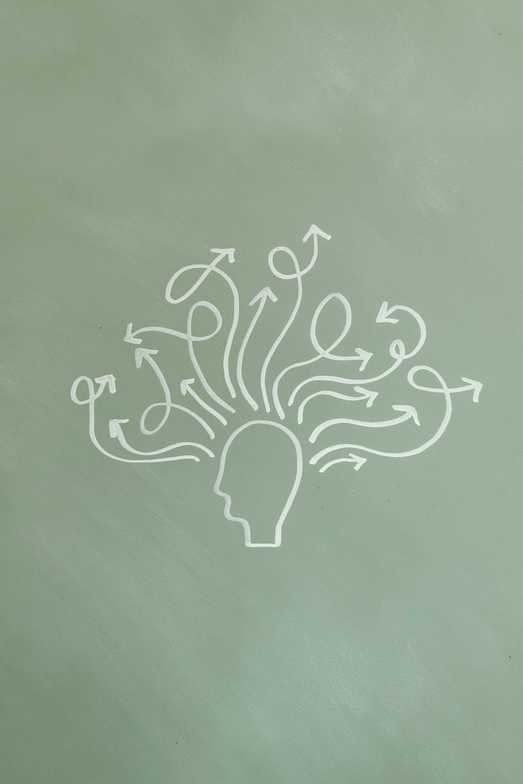
Living with Attention-Deficit/Hyperactivity Disorder (ADHD) can impact various aspects of life, including relationships. Whether you have ADHD or you're in a relationship with someone who has it, understanding how ADHD influences interactions and communication is crucial. In this blog post, we'll explore how ADHD affects relationships and offer insights on building healthier, more supportive connections.
The ADHD Impact on Relationships:
1. Communication Challenges: One of the most prominent ways ADHD can affect relationships is through communication difficulties. People with ADHD may struggle with active listening, staying focused during conversations, and may frequently interrupt or change the topic, leading to misunderstandings and frustration.
2. Forgetfulness: Memory issues are common in ADHD. Forgetfulness can lead to missed commitments, which can be frustrating for both partners. This can strain trust and reliability within the relationship.
3. Time Management: Individuals with ADHD often struggle with time management and punctuality. Being late for events or constantly rescheduling plans can create tension and disappointment in relationships.
4. Emotional Intensity: ADHD can result in more intense emotional reactions. Both positive and negative emotions can be amplified, which can be challenging for both partners to navigate.
5. Hyperfocus: While hyperfocus can be a strength, it can also lead to neglect of responsibilities and relationships. Individuals with ADHD might become engrossed in a particular task, neglecting other important aspects of life.
Tips for Navigating Relationships with ADHD:
1. Education: The first step in managing relationships affected by ADHD is education. Understanding the disorder and its specific impact can foster empathy and patience.
2. Effective Communication: Both partners should work on improving communication. This can involve using strategies like active listening, maintaining eye contact, and agreeing on specific rules for conversations.
3. Structure and Organization: Introduce routines and structure into daily life. This can help individuals with ADHD manage time, remember commitments, and reduce stress for both partners.
4. Medication and Therapy: Many individuals with ADHD benefit from medication and therapy. ADHD medications can help with symptom management, while therapy can provide coping strategies for relationship challenges.
5. Regular Check-Ins: Schedule regular check-ins to discuss how the relationship is going and address any issues that may have arisen. Open, honest communication is key.
6. Positive Reinforcement: Acknowledge and celebrate each other's strengths and achievements. Focus on what's working well in the relationship.
7. Boundaries and Compromises: Establish clear boundaries and compromises. Each partner should express their needs and expectations and work together to find mutually beneficial solutions.
8. Supportive Network: Surround yourself with a supportive network of friends and family who understand and respect the challenges that come with ADHD.
9. Patience and Understanding: Practice patience and understanding. Remember that both partners are learning and growing together.
10. Seek Professional Help: If you find that relationship challenges are overwhelming, consider seeking help from a relationship counselor or therapist. They can provide guidance and strategies specific to your situation.
Living with ADHD can be challenging, but with the right approach and support, relationships can thrive. By recognizing the impact of ADHD, communicating openly, and working together to find strategies that work for both partners, you can build a strong, loving, and fulfilling relationship that can withstand the unique challenges that ADHD brings. Remember that relationships are a journey, and the effort you put into understanding and supporting each other is what makes them flourish.

